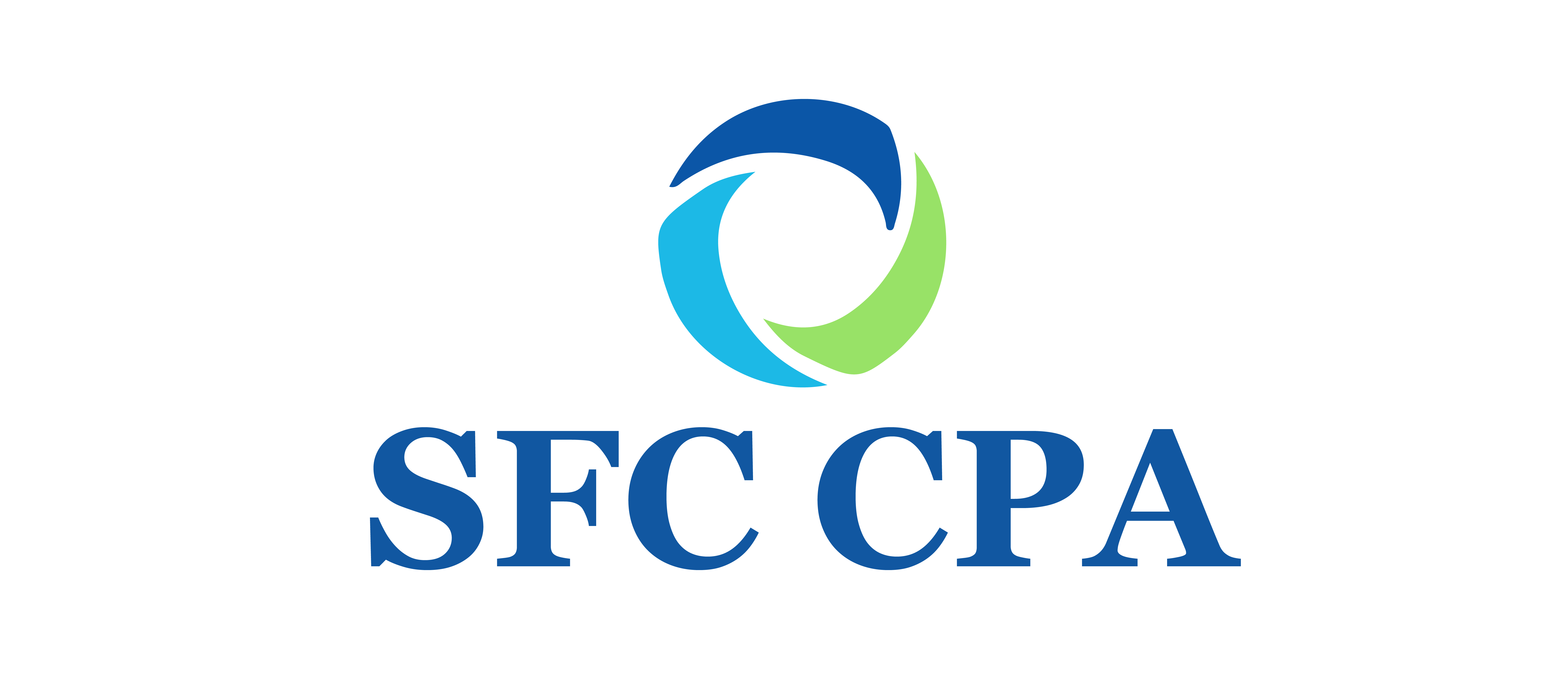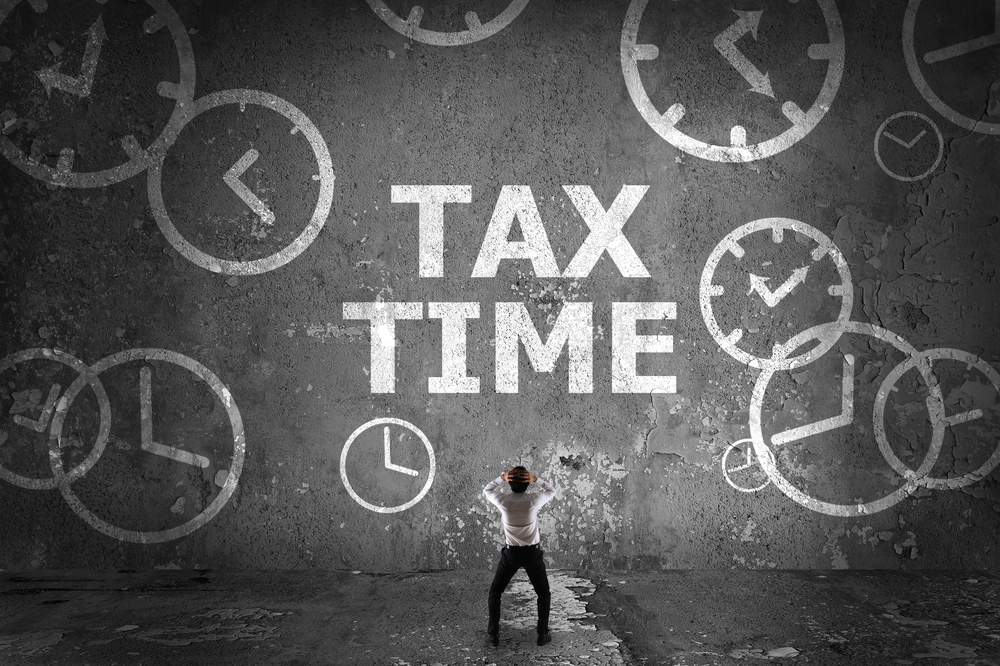Tax season may come around just once a year, but the thought of it often lingers in the back of our minds for months beforehand. For some people, tax prep begins the moment the clock strikes midnight on January 1st, while others prefer to wait until the last possible minute. The truth lies somewhere between those extremes, and knowing when to begin prepping taxes can save time, reduce stress, and even uncover opportunities for savings. But the lingering question remains: how early is too early for tax prep? The answer depends on your personal financial situation, your comfort with record-keeping, and your ability to anticipate changes in your income or deductions.
Starting early can be a huge advantage—yet there’s such a thing as starting so soon that your efforts end up being inefficient or even counterproductive. If you’re gathering documents that don’t yet exist, or calculating deductions based on incomplete information, you risk creating more work for yourself later. This blog will explore the pros and cons of early tax prep, help you identify the optimal window to get started, and offer strategies for making sure your timeline works for you—not against you.
Why Starting Too Early Might Backfire
While the idea of getting a head start is appealing, the reality is that starting your tax prep too soon can create challenges. For example, many of the critical forms and documents you’ll need—such as W-2s, 1099s, and investment statements—aren’t sent until late January or even early February. If you dive into your return before you have all the necessary paperwork, you’ll either have to stop and restart the process or risk submitting incomplete or incorrect information. That means your well-intentioned early start can turn into extra work.
Additionally, tax laws and policies can shift from year to year. Starting too far in advance of filing season could mean working with outdated rules. If the government passes last-minute tax changes—as often happens—you might need to redo sections of your return. Even small changes in your financial situation, such as unexpected bonuses, new income streams, or additional deductions, can make early calculations obsolete.
The emotional toll of starting too early can’t be overlooked either. If you’re focused on taxes for months before filing is even possible, you might experience burnout or tax fatigue before you’ve even hit “submit.” Instead of feeling accomplished, you might just feel drained.
The Sweet Spot for When to Begin Prepping Taxes
The best time to begin tax prep is typically when the majority of your financial documents have arrived but before the pressure of looming deadlines sets in. For most people, this window opens in early to mid-February. By this point, employers, banks, and investment firms have sent out most forms, and you still have ample time before the April filing deadline to gather remaining information, clarify any uncertainties, and file without feeling rushed.
If your financial situation is complex—such as owning multiple businesses, managing rental properties, or investing in diverse assets—you may want to start preliminary organization earlier, perhaps in late December or early January. This allows you to categorize expenses, summarize income, and flag items that might require more documentation. However, the actual act of filling out and finalizing tax forms should generally wait until you have all official records in hand.
For those expecting a refund, filing as soon as possible after the IRS begins accepting returns can mean getting your money faster. However, this still depends on having complete documentation. For people who expect to owe taxes, starting in February or March allows time to plan cash flow and avoid scrambling at the last minute.
Benefits of Early (But Not Too Early) Tax Prep
The main advantage of beginning tax prep early—within the optimal window—is that it gives you time to thoroughly review your finances and identify potential deductions or credits you might have missed in a rushed filing. With enough lead time, you can also correct mistakes in financial records, track down missing documents, and even make last-minute contributions to retirement accounts or HSAs that could reduce your taxable income.
Early tax prep also helps reduce stress. When you’re not racing against the clock, you can approach your return with a clearer mind, double-checking for errors and ensuring your filing is complete. This minimizes the risk of audits or delays in processing. It also provides a buffer in case unexpected issues arise—such as needing to amend past returns, reconcile inconsistent records, or handle a complicated form you’ve never encountered before.
Another often-overlooked perk is the chance to strategize for next year’s taxes. When you start a little early, you have time to review your current tax situation and spot patterns or habits that could be adjusted to save money in the future. This proactive approach means tax prep becomes part of a larger financial planning strategy rather than a once-a-year scramble.
Warning Signs You’ve Started Too Early
Knowing when to begin prepping taxes is about finding balance. If you’re making repeated trips back to your records because you don’t yet have everything you need, that’s a sign you may have jumped in too soon. The same goes for situations where you’re revisiting calculations multiple times due to late-arriving forms or updated tax guidance.
Another red flag is when your early start leads to duplicated effort. For example, if you enter estimated numbers into tax software, only to replace them later with final figures, you risk introducing errors. Tax software is convenient, but data entry done twice (or more) can increase mistakes.
Finally, if tax prep starts to feel like a year-round chore, you might need to set clearer boundaries for yourself. It’s one thing to stay organized throughout the year—which is a great habit—but it’s another to let the act of preparing your return take over months before it’s necessary. Early tax prep should feel like preparation, not an endless project.
Finding Your Ideal Tax Prep Timeline
So, how early is too early for tax prep? The answer is that it’s too early if your efforts are creating extra work, relying on incomplete information, or draining your energy long before filing season. The sweet spot is starting organization early enough to avoid last-minute panic but late enough that you have all—or nearly all—the necessary documents and guidance.
For most taxpayers, this means using January to get organized: gather receipts, review your previous year’s return, and make note of any financial changes. As soon as your W-2s, 1099s, and other critical forms arrive—often in early to mid-February—you can confidently dive into preparing your return. This timing lets you take advantage of a clear headspace, complete records, and a comfortable cushion before the deadline.
Conclusion
Ultimately, the goal is not just to file your taxes but to file them accurately, efficiently, and with as little stress as possible. By recognizing the signs of starting too early and embracing the benefits of a well-timed start, you can make tax prep a smooth, manageable process—and even turn it into an opportunity for better financial planning year-round.

